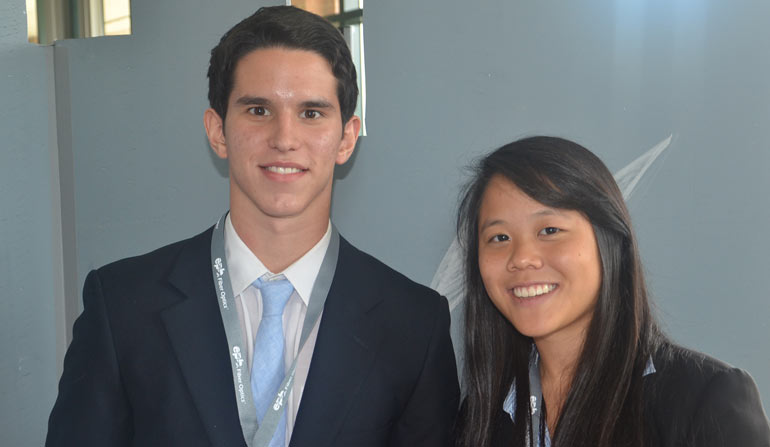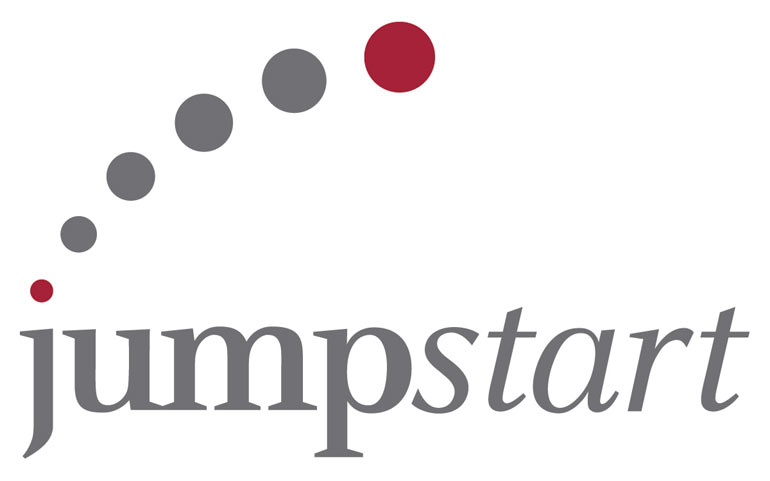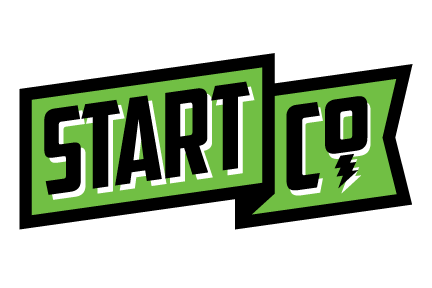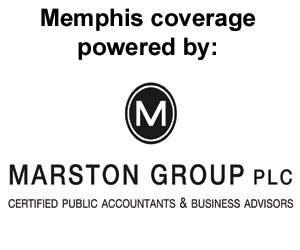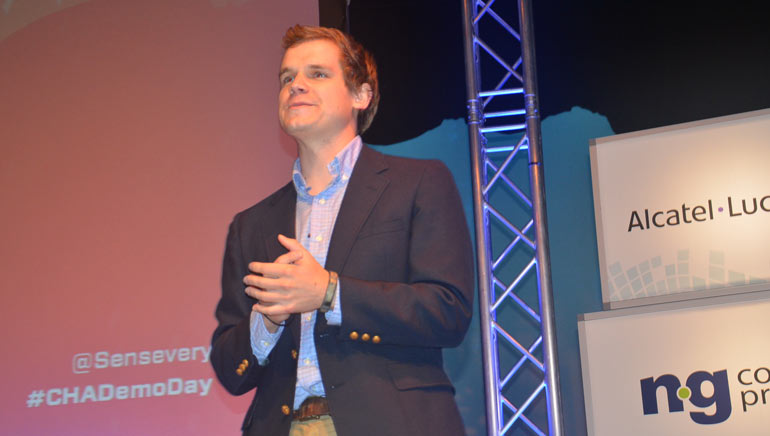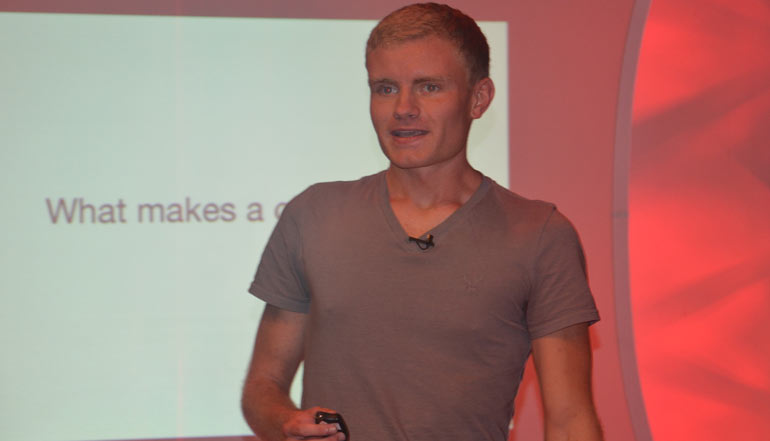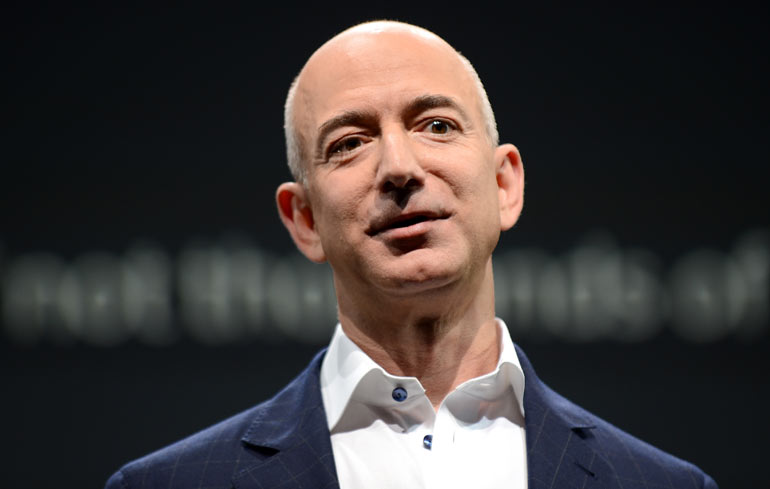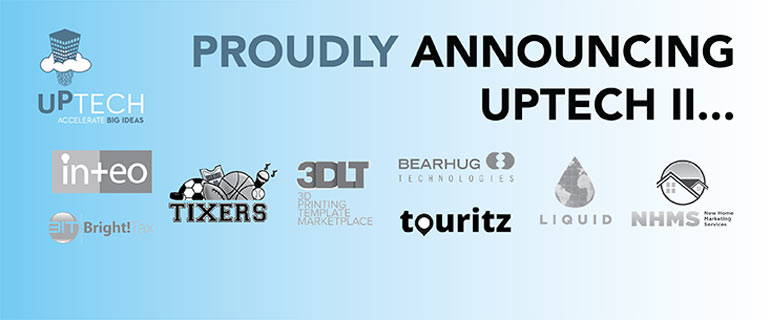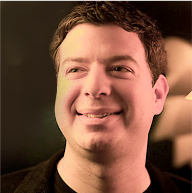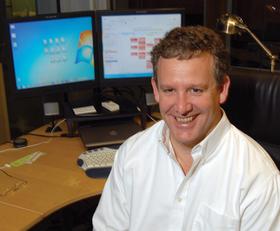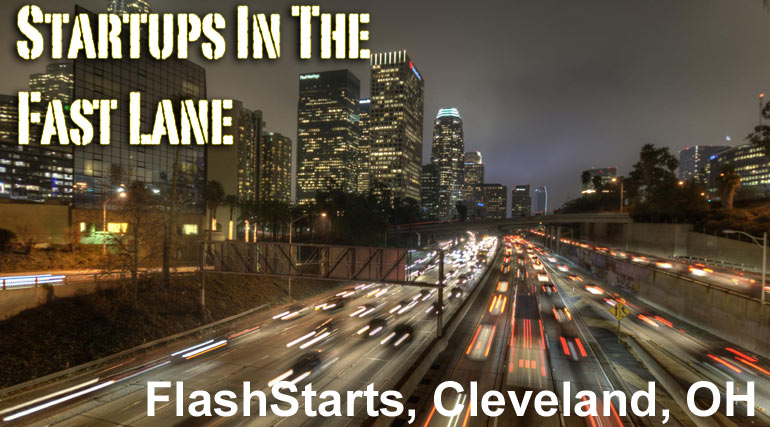 While Richard Arlow was pursuing a dual MD/PhD at Case Western Reserve University he experienced the pain first hand that so many doctors, researchers and scientists experience far too frequently.
While Richard Arlow was pursuing a dual MD/PhD at Case Western Reserve University he experienced the pain first hand that so many doctors, researchers and scientists experience far too frequently.
“I realized that my clinical collaborators were killing themselves to painstakingly record data in hundreds of pages in paper regulatory binders. They would get audited and after two days of searching, the auditor could always find some way to show that the documentation was not accurate, complete or current. Their trial would then be completely shut down, sometimes just over a single missing signature.” Arlow told us in a FastLane interview.
We’ve heard this before from our friends going though the ZeroTo510 accelerator in Memphis, and others in the medical and life sciences startup fields. We also found out that restarting a trial, even after being shut down for something as small as a signature can cost thousands upon thousands, if not millions of dollars. This of course is a huge pain point and a huge problem.
Arlow is hoping to solve this problem with his SaaS solution for the regulated medical industry. RegulatoryBinder is an enterprise document management (EDM) web app specifically for clinical trial regulatory documentation. When researchers, scientists, and doctors integrate their research with RegulatoryBinder, the system will help them keep all of their documentation organized, current and in compliance, saving millions of dollars.
Check out our Startups In The Fastlane interview with Arlow below:
Where is your startup originally from?
Cleveland, OH
Tell us about your current team?
As the sole founder of RegulatoryBinder.com, I am a medical geek who unexpectedly became an entrepreneur. I was trained as a biomedical engineer and started a device company at Lehigh University in PA. The company created a clinical grade device, several patents, and was named one of BusinessWeek’s Top 25 Under 25 in 2010.
As for my education, I went to Case Western Reserve University to pursue a dual M.D. / Ph.D. degree again in biomedical engineering. I conducted clinical trials, particularly supercomputer simulations for medical research. I have presented at conferences and have been published in top journals, including Elsevier Neuroscience.
Throughout my involvement in clinical trials
So, I started RegulatoryBinder.com and have since taken leave from the M.D. / Ph.D. program to pursue this opportunity full-time. I have built a strong team of advisors and developers that compliment the vision.
What does your startup do?
We are a software and service provider for the regulated medical industry.
We developed the first clinical trial regulatory software (CTRS). The software is an enterprise document management (EDM) web app specifically for clinical trial regulatory documentation.
We are also the only hosting provider that assumes responsibility for eRecord regulation compliance for instant, risk-free use.
Without RegulatoryBinder.com, institutions need to perform additional procedural controls (i.e. training, backups, tech support, access control) and validate software technical controls, in order to comply with regulations. The performance of these controls comes with additional cost, time to implement, numerous procedures and still the risk of non-compliance.
Existing comparable eClinical software takes $3-5M and over 1 year to implement. We bundles these procedures and risk for the user whining their license cost, and provide them with the ability to electronically complete their regulatory binders in the shortest possible amount of time. We can thus exceed both customer and regulatory expectations while lowering total cost.
What are your goals for the accelerator program?
Throughout the rest of the accelerator program, I plan to close more clients, finalize our next major release and start our next funding round – while ensuring that the needs of existing customers are still being met.
What’s one thing you’ve learned in the accelerator?
Iterate everything. As a startup, you have to iterate—or rethink, adjust, change everything you think you know. Iterate your client and investor materials. Iterate your product. Iterate your quality, support and sales strategies. Then iterate your vision, which will cause you to iterate all the former. Of the most importance, iterate how you iterate and manage operations. Have defined and realistic goals, metrics and timelines for all iterations.
What’s the hardest piece of advice you’ve had to stomach so far?
Doctors don’t make great businesses (on average), so if I want to make a great business, I need to focus 110% of my energy solely on that goal.
I became a doctor to help individuals.
I’ve become an entrepreneur to make a great business and help society.
What is your goal for the day after demo day?
It’s just another day. I’ve got to talk with potential clients, support users, engage the developers and raise money.
Why did you choose this accelerator?
I was not looking to join an accelerator. I did not need the money or experience of being in an accelerator. And, if you look at the math or history, almost all companies from accelerators fail.
I chose FlashStarts because of the team, environment and enterprise-IT focus. It was the right choice for me and has enabled me to scale the company.
If you relocated for the accelerator are you staying in your new city?
I am a Clevelander.
What’s one thing you learned about an accelerator that you didn’t know when you applied?
I was gratefully surprised by the integration of business, development and designer interns that work with my team.
This enabled me to start assigning tasks and focus on core deliverables, like learning how to be a CEO. :)
Where can people find out more?
www.RegulatoryBinder.com



